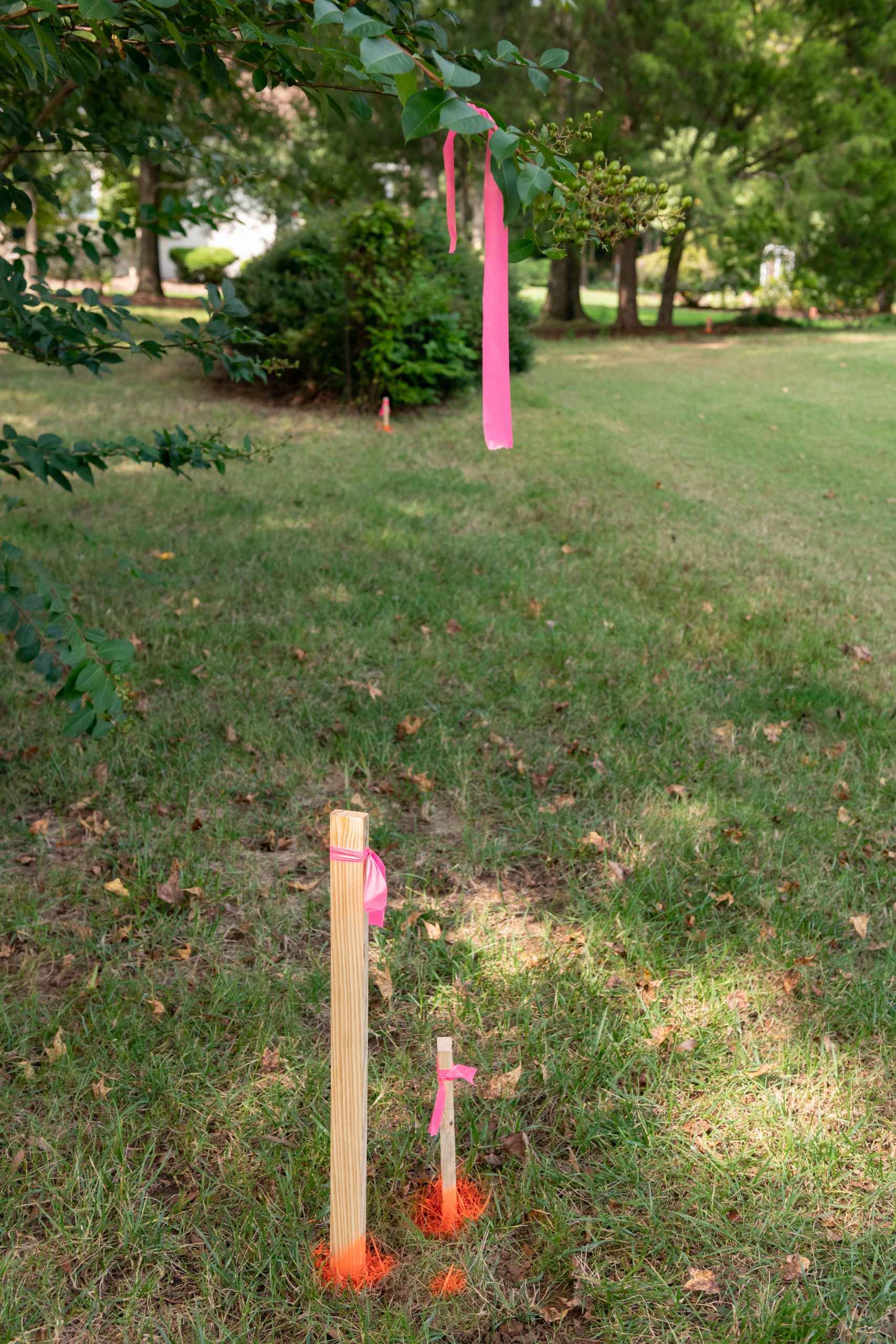Easements are the right to use a specific piece of land for a certain purpose. How may they affect you?
Easements are a right to use someone else’s land for a specific purpose. Tennessee easements can be created in a few different ways, but the most common is through an express grant, reservation, prescription, estoppel, eminent domain, or implication. Easements also come in two types: appurtenant and in gross.
Easements are typically granted in cases of access to adjoining properties, road access, or public works and right of way projects. Find out more about easements from Collins Legal here!
Tennessee Easement Appurtenant
This type of easement creates two tracts of property. The dominant tenement is the tract of land that benefits from the easement. The servient tenement is the tract of land that is burdened by the easement.
For instance, Bill has a tract of land known as Awesome Acre. For Bill to access Awesome Acre, he must pass through Treacherous Acre. Bill does this with an easement over Treacherous Acre. In this example, Awesome Acre is the dominant tenement and Treacherous Acre is the servient tenement. The easement would stay with or “run with the land.”
Tennessee Easement in Gross
This type of easement is a simple, personal interest or right to use the land of another without benefit to another property. Easements of this type usually involve just one property.
For instance, Bill wants to use a small path to get to Awesome Acre. The owner of Treacherous Acre agrees, but wants the right to remain only with Bill. That means once Bill moves or someone else purchases Awesome Acre, the easement is gone. In this case, the easement runs with Bill and not the land.
Example: Eberle v. Elliot
Tennessee courts prefer easement appurtenant, as it is easier to record and limits disputes. In the case of Eberle v. Elliot, two neighbors were at odds over easements. (Read the full case here.)
Ms. Elliot had been deeded a piece of property by her father. Elliot’s father and the Eberle family were great friends. The Eberle family, however, didn’t care for Ms. Elliot. To prevent Ms. Elliot from crossing a road on the Eberle land, Mr. Eberle started locking a gate that had long been open. Ms. Elliot asked the court for relief and the Eberle family asked for an injunction.
After a lengthy court battle, a long analysis of the chain of title, and a history lesson of the land’s use, the court granted Ms. Elliot an easement over the Eberles’ land. While Mr. Eberle had long thought his long-time friend simply had an easement in gross, the court found there was a long-time easement appurtenant that was in place.
Interesting reads
→ BLOG: Opening a Food Truck in Nashville
→ BLOG: Business is Booming in Nashville!
→ BLOG: Easement in Gross
→ BLOG: Metro v. Kallie Kay Dreher

